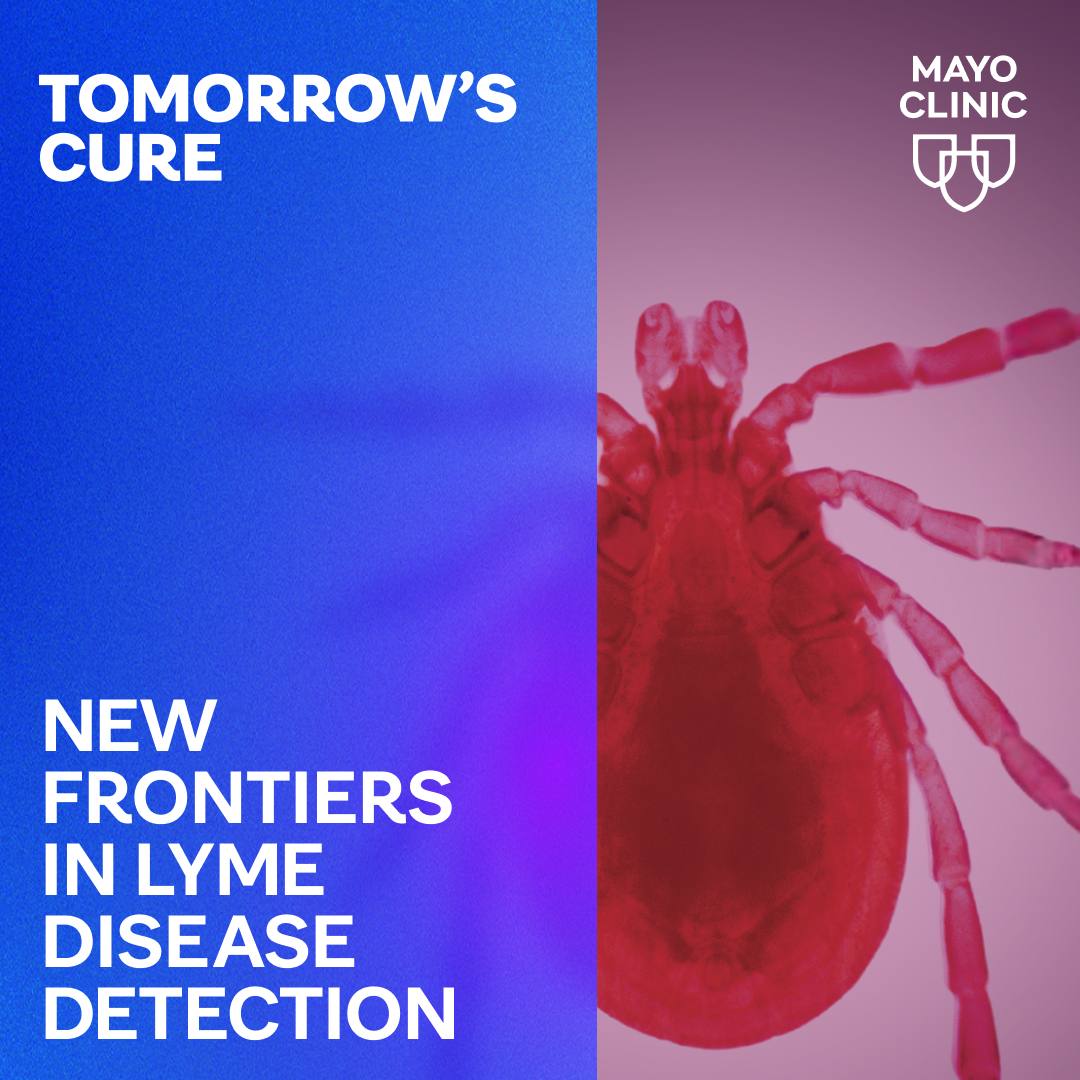Wearing a face mask is one important intervention to decrease the risk of transmission of SARS-CoV-2, the virus that causes COVID-19, as well as other respiratory viruses, such as influenza. Dr. Gregory Poland, an infectious diseases expert and director of the Mayo Clinic Vaccine Research Group, says, like vaccines and hand-washing, masks alone aren't perfect.
"But when you put those together, now you're developing a protective shield, if you will, around yourself to decrease the chance that you're going to get sick and then pass it on to somebody else," says Dr. Poland.
In this video, Dr. Poland discusses how different types of masks work and demonstrates the right way to put on and take off a mask.
Watch: Dr. Gregory Poland demonstrates how to wear a mask properly.
Journalists: Broadcast-quality video (2:53) is in the downloads at the end of this post. Please courtesy "Gregory Poland, M.D. / Vaccine Research Group / Mayo Clinic." Read the script.
How to wear a cloth face mask
The Centers for Disease Control and Prevention recommends that you wear a cloth face mask when you're around people who don't live with you and in public settings when social distancing is difficult.
Here are a few pointers for putting on and taking off a cloth mask:
- Wash or sanitize your hands before and after putting on and taking off your mask.
- Place your mask over your mouth and nose.
- Tie it behind your head or use ear loops and make sure it's snug.
- Don't touch your mask while wearing it.
- If you accidentally touch your mask, wash or sanitize your hands.
- If your mask becomes wet or dirty, switch to a clean one. Put the used mask in a sealable bag until you can wash it.
- Remove the mask by untying it or lifting off the ear loops without touching the front of the mask or your face.
- Wash your hands immediately after removing your mask.
- Regularly wash your mask with soap and water by hand or in the washing machine. It's fine to launder it with other clothes.
And, here are a few face mask precautions:
- Don't put masks on anyone who has trouble breathing, or is unconscious or otherwise unable to remove the mask without help.
- Don't put masks on children under 2 years of age.
- Don't use face masks as a substitute for social distancing.
To read more about different kinds of face masks and how they work, visit the Mayo Clinic News Network.
Information in this post was accurate at the time of its posting. Due to the fluid nature of the COVID-19 pandemic, scientific understanding, along with guidelines and recommendations, may have changed since the original publication date.
For more information and all your COVID-19 coverage, go to the Mayo Clinic News Network and mayoclinic.org.







